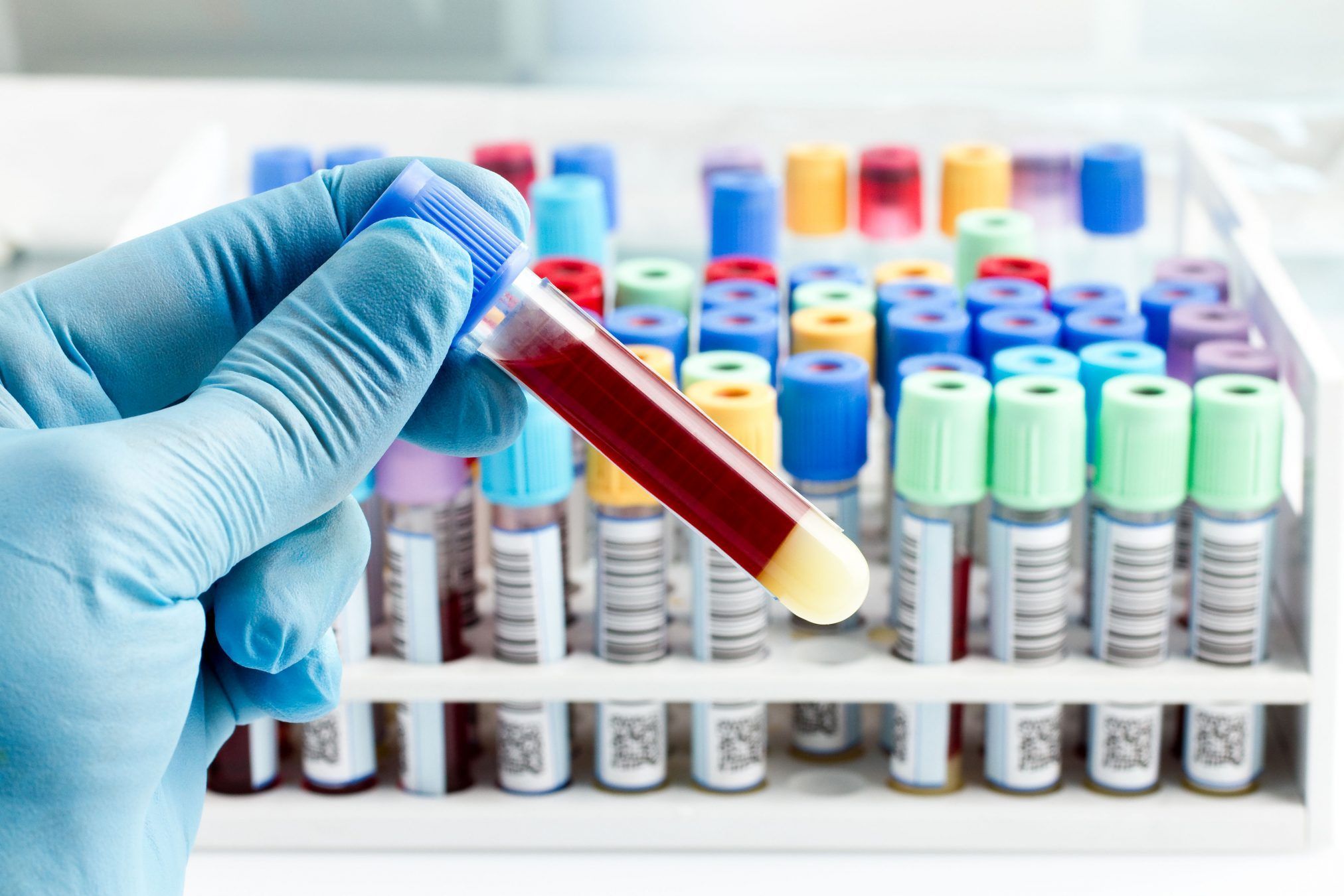
Welcome to our September edition of ‘Health Headlines: 5 Stories That Got Us Talking Last Month’ where each month we dissect five interesting health stories at home and around the globe that may have escaped your attention, sharing commentary and insights from across the industry to offer the Australian perspective.
A new five-year agreement struck with the Australian federal government means that pharmaceutical companies will soon be required to always hold four to six months’ worth of critical medicines in the country.
The agreement was drawn up as a result of severe medication shortages during the COVID-19 pandemic where freight delays became the norm.
Elizabeth de Somer, CEO, Medicines Australia, commented on how listening to patients and their experiences assisted in coming to this decision:
“Patients must be central to our healthcare system because it impacts them the most. A patient’s voice is powerful and giving them the opportunity to share their experiences gives decision-makers better understanding of the real difference new and innovative medicines and technologies can have on the quality of life for a patient and their family.”
The strategic agreement, struck between Medicines Australia and the Commonwealth Government, is due to commence from 1 July 2022 and run until June 2027.
The World Health Organisation (WHO) has set a goal of eliminating hepatitis C globally by 2030.
To assist in Australia’s journey towards elimination, the Department of Health has allocated $6.5 million to the Kirby Institute and the International Centre for Point-of-Care Testing to accelerate hepatitis C point-of-care testing via the development of a national programme.
Dr. Joss O’Loan of the Kombi Clinic, one of the first sites that will be up and running with this grant, discussed the significance of the investment.
‘It opens the access up hugely to what was previously being drip fed and difficult to get your hands on because of the cost and logistics around it. The Kirby Institute managed to solve that problem of cost with the Department of Health grant, which is fantastic.
‘Having more point-of-care testing, making hep C testing easier, more readily available and faster, is only going to increase the number of people getting diagnosed, which therefore translates to the number of people treated and cured.’
A recent Australian study has found heart attack care for men and women to be significantly different, with women receiving less favourable treatment than men.
According to the study, women diagnosed with a common heart attack or unstable angina, overall received “less evidence-based treatment” than men.
Julie Anne Mitchell, Director of Health Strategy, National Heart Foundation of Australia, commented on the findings:
“Unfortunately, what this study highlights is that despite best intentions, unconscious bias plays a significant role in in shaping the heart health outcomes of many Australian women.
“If more women were treated in line with best practice clinical recommendations, we could minimise the personal physical, emotional, and financial toll a heart attack has on a woman and her family, while reducing ongoing pressure on the health system at the same time.
Julie Anne is now calling on the federal government to address these issues:
“These findings are clearly not good enough which is why the Heart Foundation is calling on the federal government to back an awareness campaign to highlight the issues of heart disease and stroke amongst Australian women”.
Drops in pathology testing have been a concerning global trend and a consequence of the COVID-19 pandemic and lockdowns in 2020 and 2021.
In the United Kingdom (UK), a research group called The Benchmarking Partnership found that 2.5 million blood tests to diagnose diabetes were missed. A further 1.4 million which allow people with diabetes to manage their condition were also missed.
The article estimates as many as a third of COVID-19 deaths in the UK have been people with diabetes.
Professor Greg Johnson, Chief Executive Officer at Diabetes Australia, explains the risks of not attending pathology appointments for diabetes:
“Regular health checks, like the HbA1c check, are an essential part of ongoing diabetes care.
“It is really important that people don’t stop getting these checks, and that they keep up with other aspects of their diabetes management during the COVID-19 pandemic.
“Diabetes doesn’t stop during COVID-19. We are concerned that if people don’t have their pathology checks, or checks for their vision, foot problems, kidney function or other health issues, then serious problems could develop unnoticed. If issues are detected early, then health outcomes are usually much better.”
France’s Health Minister Olivier Véran, announced a new initiative that will provide all women living in the country under the age of 25 with free access to contraceptives.
The new plan, launching next year, will cover a variety of contraceptives including intrauterine devices (IUDS), along with supporting medical consultations on their use.
Véran says the age of 25 “corresponds economically, socially, and financially with more autonomy,” which is why this age was chosen as the limit. The government has assigned a budget of €21 million per year to deliver the program.
The French initiative raises the question for us here in Australia; if France can do it, why can’t we?
While a variety of contraceptive options are partially subsidised for those living in Australia with Medicare, there is still a cost to incur that can be a financial strain on many young women.
If made available, free access could massively reduce adolescent pregnancies and abortion rates, as it has done worldwide.
Check back in next month for our insights on the health stories that get us talking this October.